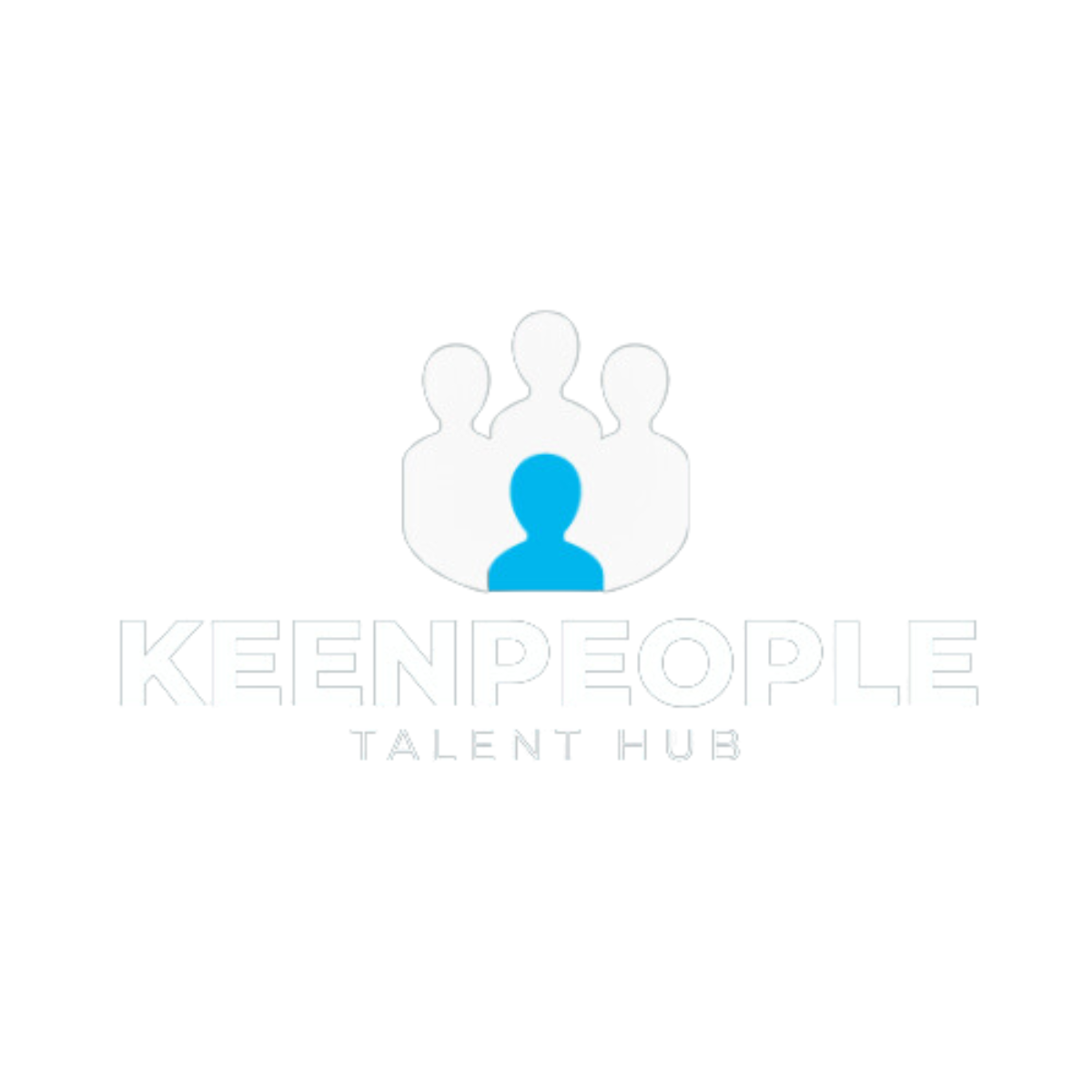In our years working alongside technology and cybersecurity teams, one pattern appears again and again. The impact of the right person in the right role is exponential. A hire who can take ownership, make sound decisions under pressure, and deliver real outcomes changes how a team performs.
How SMEs Can Stand Out to Top Tech and Cyber Candidates in 2026
Attracting strong tech and cybersecurity talent is one of the biggest challenges for growing organisations. Many candidates are drawn to large corporations for familiar reasons such as brand recognition, structured career paths, and perceived stability.
Why a Full Recruitment Department Isn’t Always the Answer for Growing Tech and Cyber Teams
If you run a small cyber or tech business, hiring can feel overwhelming. You need the right skills quickly, the market is competitive, and every new hire has a big impact on delivery, culture, and growth.
Why Skills Matter Alongside Qualifications
Education and formal qualifications have always been important markers of knowledge, commitment, and expertise. Degrees and masters demonstrate dedication and mastery of a field, and they remain highly valuable.
The £30,000 Mistake: Calculating and Capping the True Cost of Employee Turnover in the UK
Employee turnover can cost far more than just the salary of the departing employee. For HR directors, CFOs, and operations leaders, understanding the potential financial impact is essential for making strategic decisions about retention and recruitment.
Your 2026 Recruitment Masterclass: Free Guide to Landing Your Dream Role
The job market in 2026 is tougher than ever. AI screenings, micro-team hires, and multi-stage assessments mean preparation is key.
The Jobs That Will Disappear (and the Ones You Didn’t See Coming) by 2030
The world of work is changing faster than ever. Automation, AI, and new technologies are transforming roles across industries. Some jobs will vanish completely, while new opportunities will appear in places you might not expect. Understanding these trends can help you plan your career and stay ahead of the curve.
The CV Guide for 2026: What Employers Really Want to See
The job market in 2026 is busy, competitive, and more digital than ever before. Employers are scanning hundreds of applications in seconds, so your CV must do more than list experience.
Salary Questions in Interviews: How to Handle the Conversation
Salary conversations in interviews can feel uncomfortable for many candidates. One of the most common dilemmas is whether you should speak first or wait for the employer.
How SMEs Can Rethink Recruitment in 2025
Hiring in 2025 feels like a juggling act for many small and medium-sized businesses. Budgets are tighter, the right candidates seem harder to reach, and competition with bigger players is fiercer than ever.










